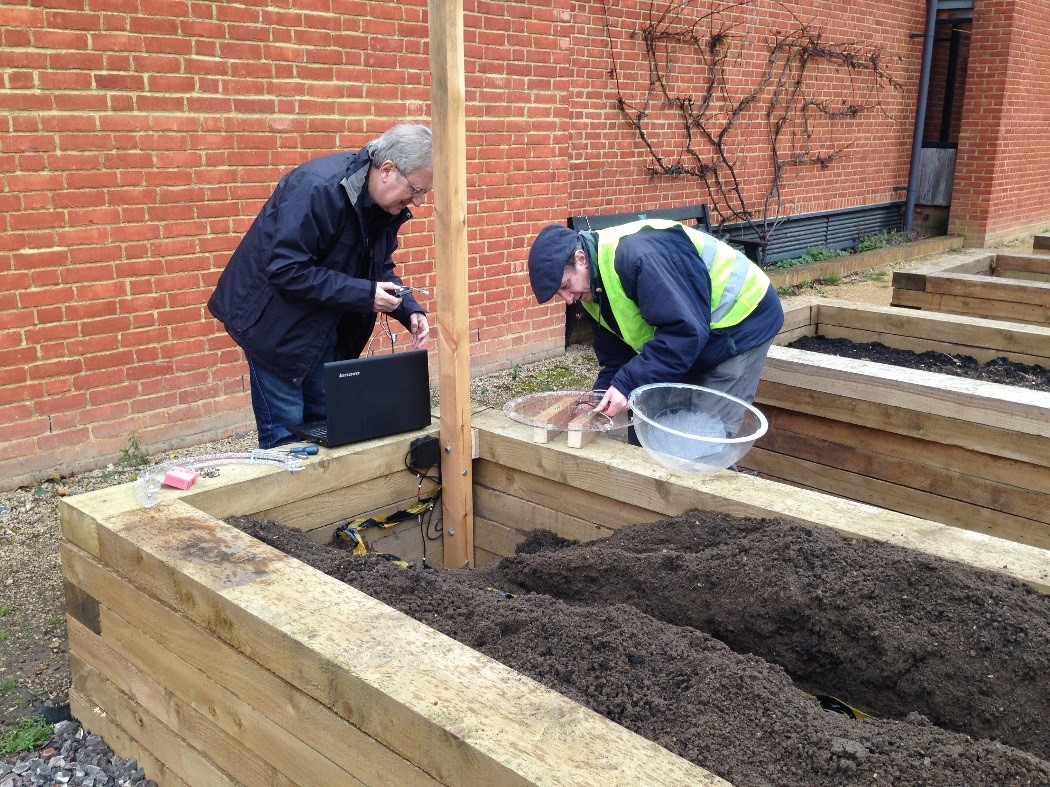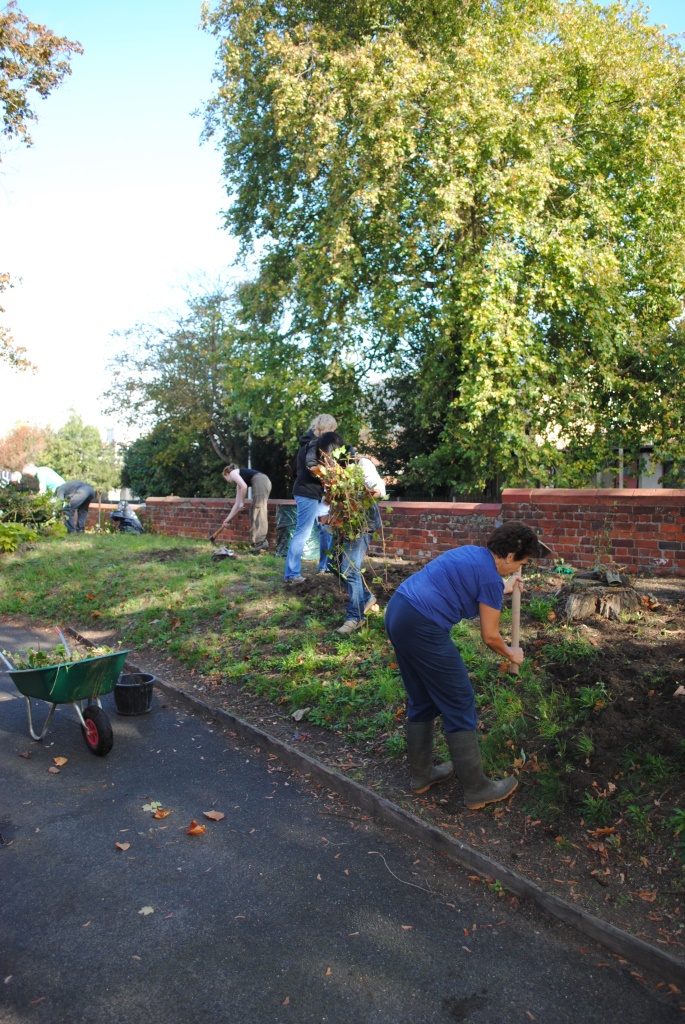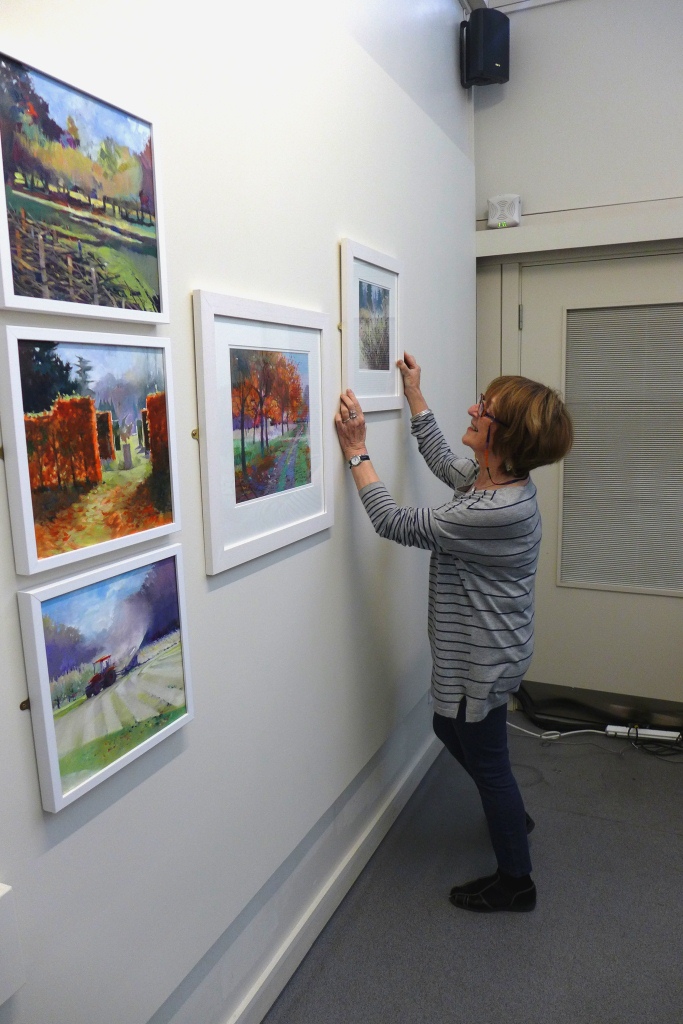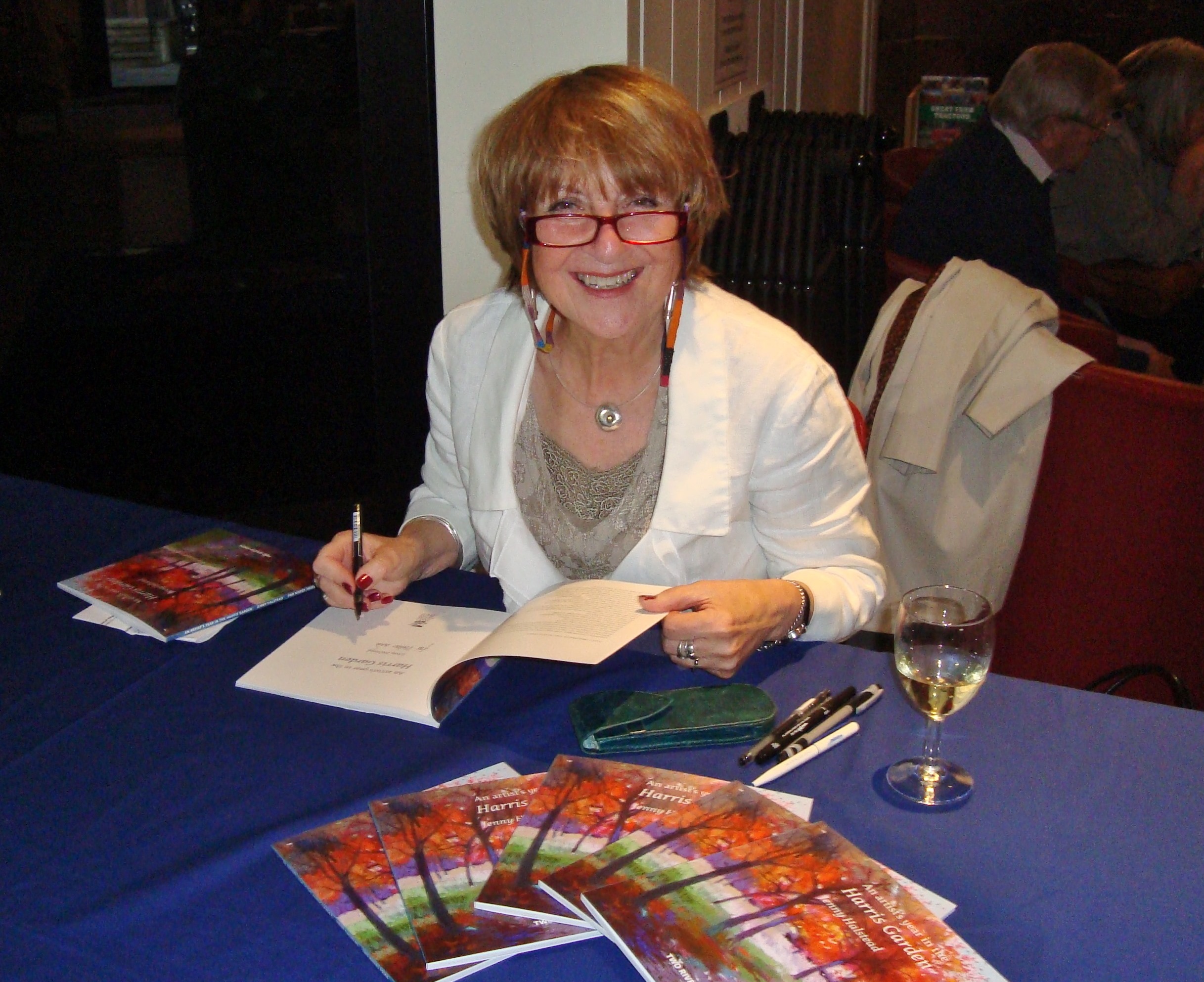Science engagement officer, Robyn Hopcroft, provides an update on our sugar beet growing project.
It’s National Gardening Week, and at The MERL we’re lucky enough to have a beautiful garden with a large lawn, herb garden, woodland area, and several community growing projects. It’s a great space for experimentation with different plant varieties and one of our current projects involves growing sugar beet – a vegetable that’s normally grown on farms rather than in gardens.
I must say that I felt very nervous waiting for our crop to germinate. The soil temperature and pH were right and we planted according to advice provided by British Sugar. But I was still worried that the seeds wouldn’t grow. I’m now pleased to say that our beets have germinated and are getting bigger and stronger by the day.

But I still have concerns…
We applied fertiliser, as directed, and I worried that it might burn the new seedlings. We thinned the crop and I felt terrible for killing off perfectly good seedlings. Now, as the beets grow, I’m checking the bed with obsessive frequency – weeding and watering and fretting about the possibility that tender new leaves might be delicious to caterpillars and snails and vulnerable to any number of diseases. And what if the soil that I’ve painstakingly sifted using a hand-held riddle is still too stony to support a root crop like sugar beet?
Delving into the Sir Alfred Wood archive didn’t do anything to allay my fears – I’m now terrified that we’ll fail and end up with ‘fangy beets’:
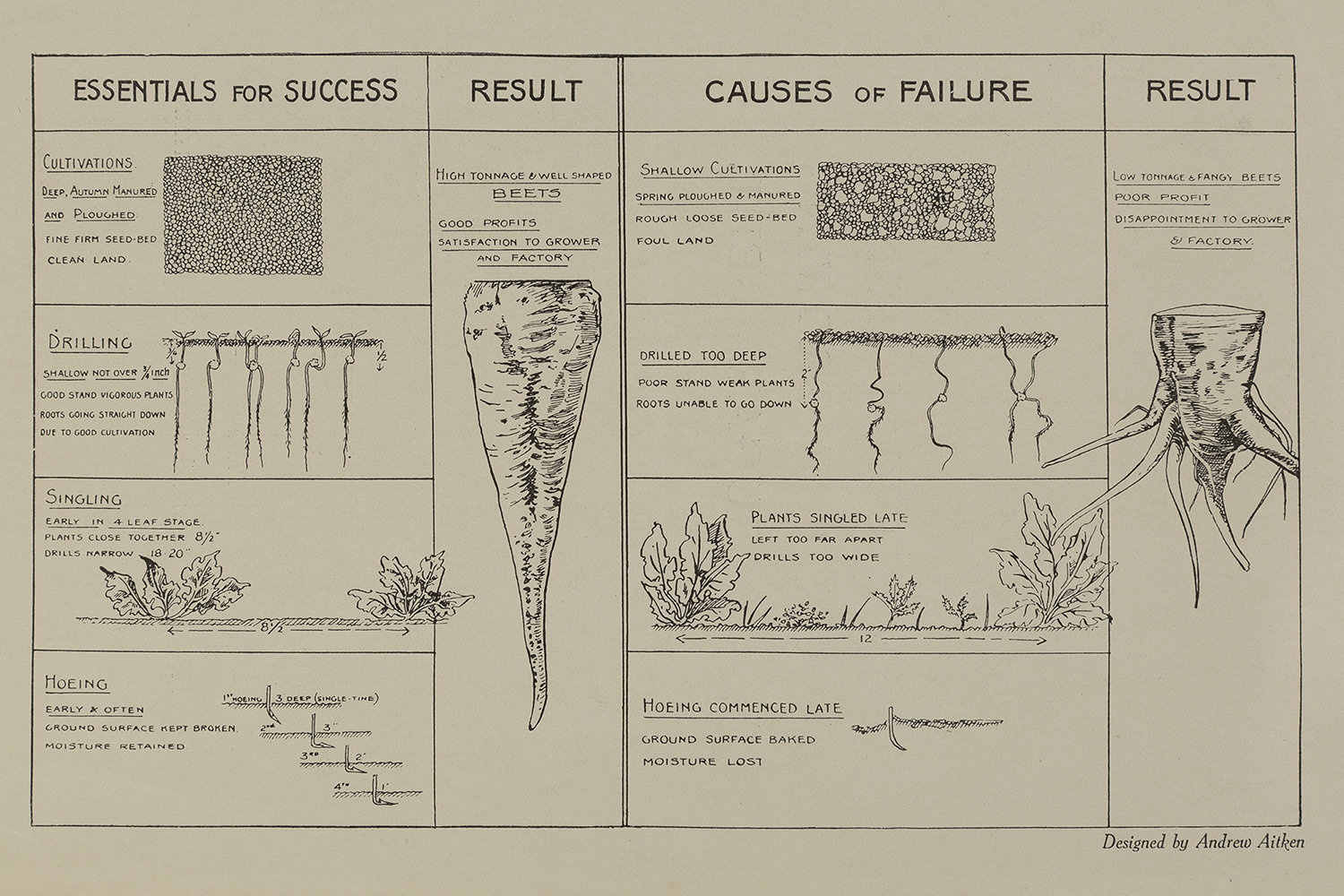
From Pictorial Hints on the Growing of Sugar Beet(Sir Alfred Wood Collection, Reference: D MS1087 36/2).
Is this how a farmer feels in springtime? Excited about the possibilities, but acutely aware that it could all be snatched away at a moment’s notice by an oversight or act of nature? In my case I guess it’s just run of the mill gardening angst. Both the gardener and the farmer must deal with uncertainty, but if our sugar beet crop fails, it will be a mere disappointment – it won’t affect my pay cheque. Yet scale our tiny Beet Box up to 100,000 beets per hectare and the stakes are so much higher on a real farm.
A novice like me can just ‘have a go’ at gardening and see what sprouts, but a beet farmer (or any farmer) must be an expert in her domain. Keeping up to speed on the latest research and advice and combining this with experience in the field (or knowledge handed down through generations) helps a farmer to manage risk and respond to set backs, increasing the chances of bringing a profitable crop to harvest.
I think I’ll stick to gardening for now and see how I feel about beet farming at the end of the season.





